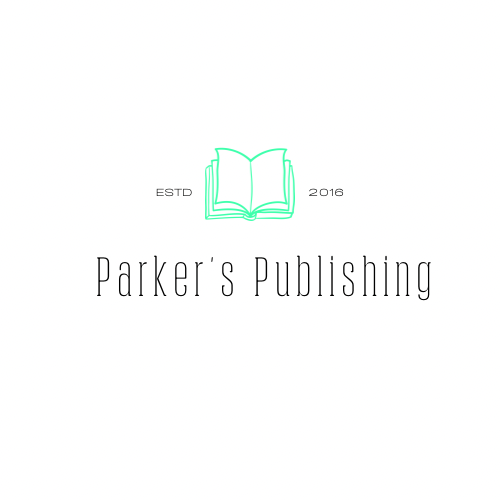Nootropics are supplements and drugs that can be used to give your brain a boost in performance. The best of these can make us more alert, more awake, more focused and even increase our memory.
This can all sound rather science-fiction-esque and you might be tempted to think that it wouldn’t be something you or many people you know would likely partake in…
But the reality? We are already using multiple substances that work very much like nootropics – and you’ve probably been doing it yourself for decades!
Enter: Caffeine
Because this is exactly what caffeine is – a nootropic that we consciously take with the purpose of increasing our memory, our focus and our wakefulness.
So the question is: how does it work? And perhaps more importantly, is this something we should be doing so regularly?
How Caffeine Works
Caffeine works because it is molecularly very similar to adenosine. Adenosine meanwhile is a neurochemical that is produced in the brain as a by-product of the energy system. In other words, when your brain cell produces energy (which uses ATP), it also releases the waste product adenosine.
Except it’s not really a waste product because this is what the brain uses to monitor how long your brain has been active for. To this end, adenosine will attach to receptors in the brain cells and serve as a neuroinhibitor. In other words, it will reduce brain activity and make your neurons less likely to fire. Over time, this build up gets greater and greater and we become tired and ready for bed.
But caffeine binds to those adenosine receptors too and this prevents adenosine from taking its normal action. In short, this means that adenosine can no longer make us feel tired and groggy and as a result, we feel more awake and more focused for much longer.
In turn, this will then stimulate the brain to release numerous other neurotransmitters associated with wakefulness and focus – such as dopamine and norepinephrine.
Is Caffeine Good For You?
But is all this good for you?
Yes and no…
On the one hand, caffeine does make us more awake, it does help us to remember things better and it does increase focus. In the short term, it provides a cognitive boost that helps us to get ahead and to overcome serious tiredness.
Better yet, caffeine has been shown to be neuroprotective and to reduce the likelihood of Alzheimer’s or dementia as we age.
On the other hand though, caffeine also has numerous less desirable side effects. It makes us anxious and jittery for example and if you’re someone who already struggles with stress then it can make this worse. This is a problem seeing as stress is very bad for our brainpower and can even inhibit problem-solving.
Finally, caffeine is also actually addictive. It causes changes in the brain which is responding to the increase in fake adenosine by altering the number of receptors. This means you can need an increasingly large amount of caffeine overtime just to function normally.
But you probably knew that bit already!

